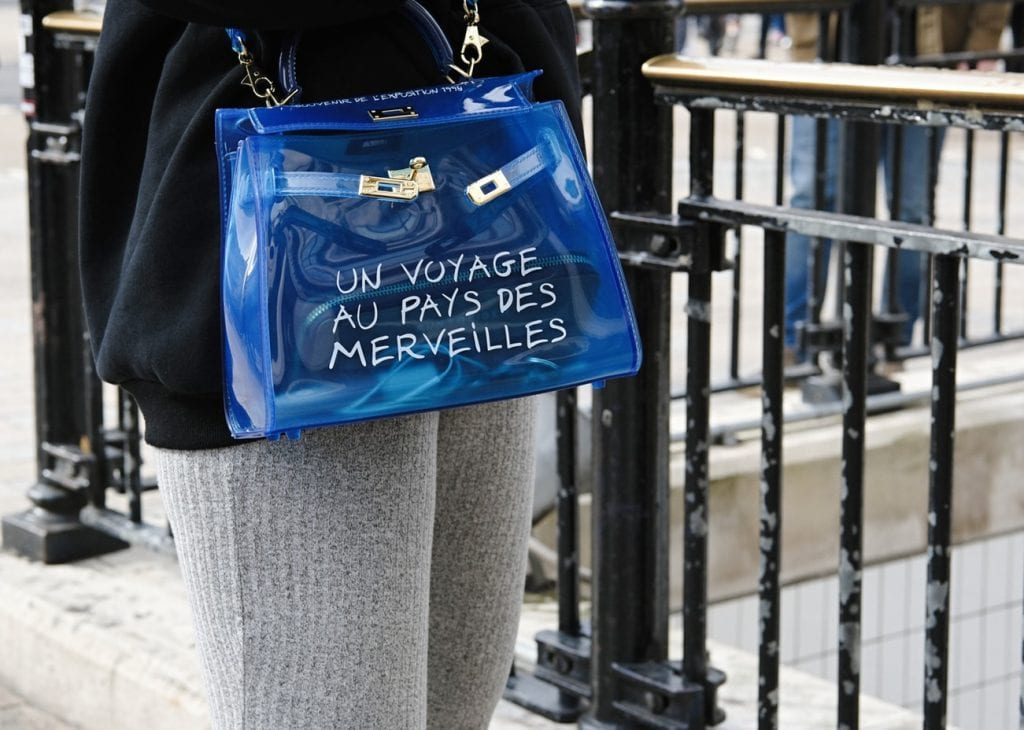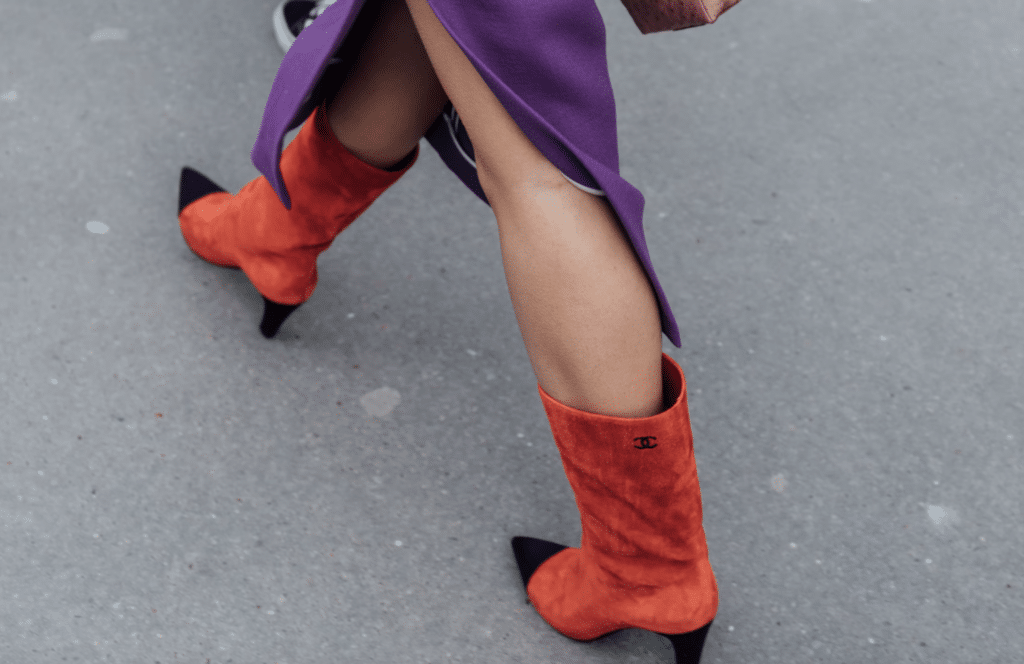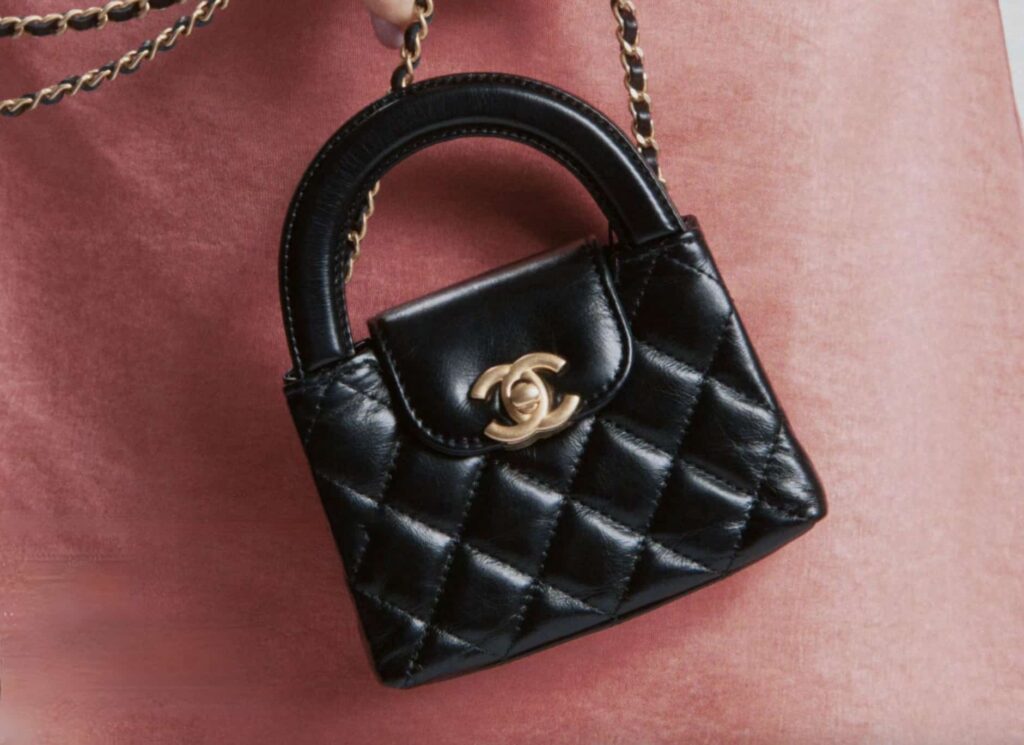It is hardly a coincidence that no shortage of fashion industry insiders and influencers took a break from the seemingly unending stream of Daniel Lee’s handbag and footwear offerings for Bottega Veneta to post photos of Louis Vuitton’s new LV Pont 9 bags at the end of May. The same was the case when there was a flurry of posts from big-name influencers showcasing Dior’s reintroduced saddle bags, or garments bearing Burberry’s Peter Saville x Riccardo Disci-Created “TB” logo or ones adorned with Fendi’s double “F” monogram. Those instances – and countless others – are a testament to the fact that nearly every brand and buzzy retailer sends gifts to editors, influencers, and/or celebrities, alike, in an effort to boost brand awareness and induce spending by the Instagram (and TikTok) followers of these figures.
Rampant gifting of everything from Louis Vuitton bags to Burberry garments is a commonplace and longstanding practice in the fashion industry. In fact, a whopping 98 percent of brands revealing in 2018 that they lend samples and/or give gifts to influencers in hope that those heavily-followed figures will post the products on their social media accounts. However, one relatively novel development – the advent and marked rise of the online resale economy – has put a twist on the traditional model of gifting. And that development has potentially significant tax implications for both gift-givers and recipients.
Look beyond the practice of gifting, and there is another long relief-upon practice at play: many of the gifts are traditionally sold off by their recipients, who, in turn, pocket the money. As the New York Post noted back in 2003, editors, stylists, and models, alike, were readily bringing designer wares into upscale consignment stores in Manhattan and hawking them on eBay.
The practice has evolved and expanded since then, as the rise of the $24 billion-plus resale economy and the ease with which products can be sold on e-commerce consignment sites like The RealReal and co. in an anonymous capacity has changed the game. What was once merely a steady stream of gifts has turned into potential sources of revenue for their recipients – sources of revenue that almost certainly come with tax implications, that is.
These otherwise seemingly innocuous – albeit, at times rather expensive – gifts present legal issues, including when they are resold, since the value of the goods, themselves, and the profits made if/when they are sold must be taken into account come April 15 (or this year, July 15), when Americans file their individual income tax returns.
Brands are required to provide “1099s forms when a transaction involves a value of more than $600,” business attorney Sara Hawkins told Bloomberg Law last year. However, many fail to do so, and many influencers tend to be unaware of the legal requirements associated with such “gifts.” At least one well-known fashion industry influencer – who said that she has sold products, including designer bags, that she received as gifts from brands by way of resale sites – told TFL on the condition of anonymity that but for receiving professional tax advice, she would not have known to report money earned as a result of reselling these gifted products. “They are gifts, after all,” she said.
The Internal Revenue Service (“IRS”) has a different definition for at least some of these “gifts.” Depending on the circumstances, the American tax body very well may classify them as income.
Bags as Taxable Income?
The classification – and thus, the tax implications – of the luxury branded bags and high fashion garments readily hand out to famous figures can be tricky. In accordance with the IRS’ guidelines on taxable versus non-taxable income (“income” can come in the form of “money, property, or services”), “Generally, an amount included in your income is taxable unless it is specifically exempted by law.” One potential exemption? Gifts.
So, when is a designer bag or pair of shoes a tax-free gift versus taxable income? That may depend on the intent at play. Typically, a gift is not taxable if it is the result of “a ‘detached and disinterested generosity,” according to the IRS and the Code of Federal Regulations. In the same vein, the IRS maintains that gifts cross the line and become taxable when the gift-giver “expects to receive something of at least equal value in return.”
This is a relevant and interesting consideration when it comes to influencers, editors, stylists, and celebrities, among other figures, given that at least some brands would undoubtedly argue (just as they do in connection with Federal Trade Commission disclosure issues) that they are simply sending the products to these influential figures without any guarantee that they will, in fact, use the products or post them on Instagram, for example. In accordance with this line of reasoning, there is no expectation of anything being given in return, and thus, the gift really is a gift.
At the same time, though, “Businesses do not send products to [these] people just because they want them to have a product,” Hawkins claims. “They send products … because those people may provide value to them.” That value may come in the form of social media posts when an influencer shows off a bad, preferential treatment/editorial placements in magazines (and/or on publishers’ websites), appearance in paparazzi photos should a celebrity carry the bag, etc., which very well could match the value of a $3,000 bag, depending on the publicity – and the person – at issue.
So, what about if the influencer, editor, etc. opts to sell the bag on a resale site like Rebag, for instance? Well, the basic tenets of the situation do not change if/when an individual sells off the products he/she was given by a brand. As tax attorney Robert W. Wood states, “Income means income from all sources. If you sell unwanted clothes, cars, furniture, even family heirlooms, are they taxed? You bet. If you sell something for $100 you bought for $50, that’s a $50 gain.” If you sell a bag that you were given (presumably with the implicit or explicit expectation that you will post a photo of it on social media), the money you earn as a result must be reported on your income tax return and is subject to tax.
Given the lack of exemptions for fashion’s certainly-not-de minimis “gifts,” those accepting offerings in the form of designer garments and accessories (as well as trips and other things), and those who may be selling off those goods are accumulating income for items that they did not pay for in the first place, and thereby, are subjected to tax implications in connection with that income. With that in mind, this is one place where fashion could be sorely lacking in terms of its adherence to the law, and an area that may begin to garner greater regulatory attention, particularly as influencer marketing, itself, continues to grow into a multi-billion dollar industry of its own.
*This article was initially published in April 2019 and has been updated.











